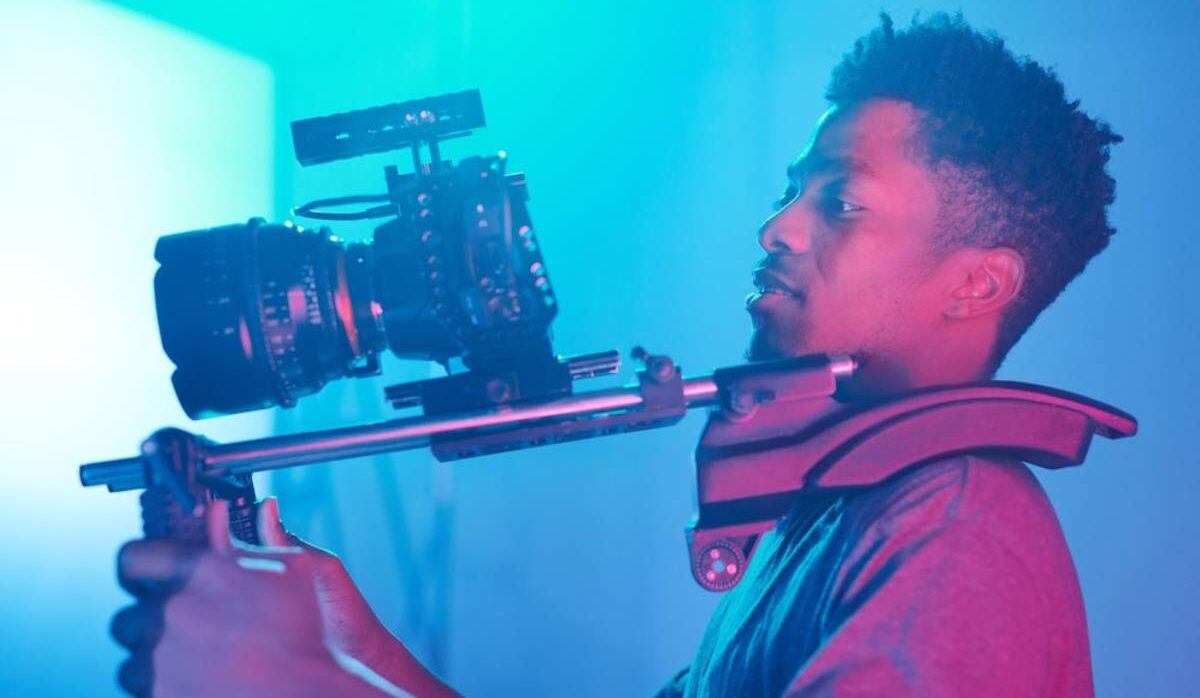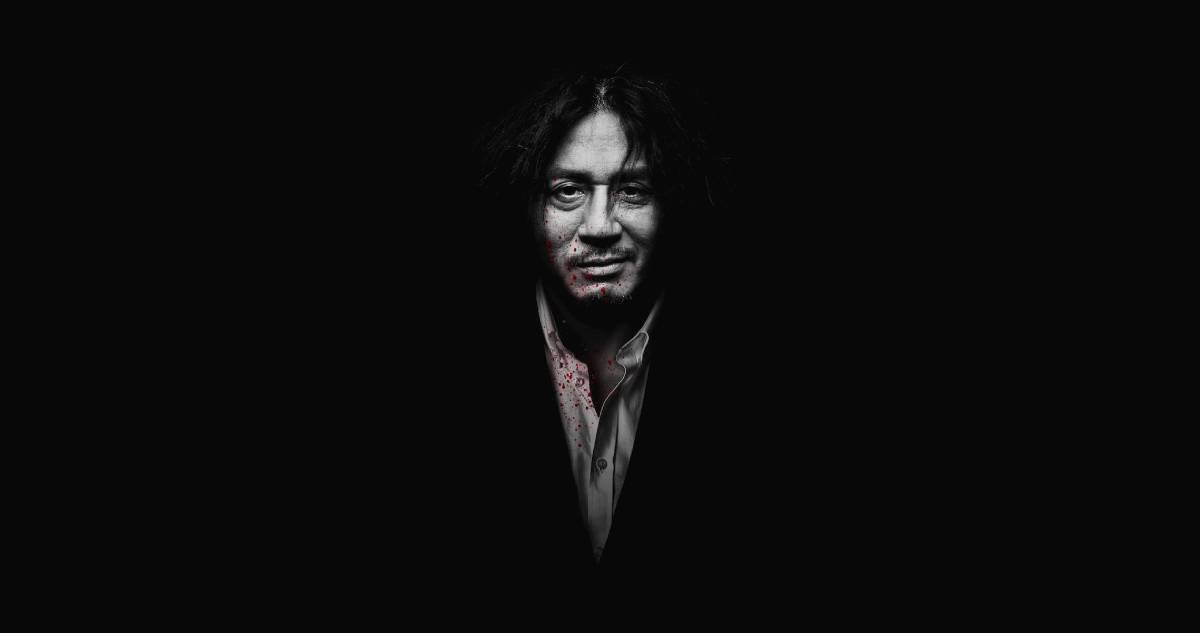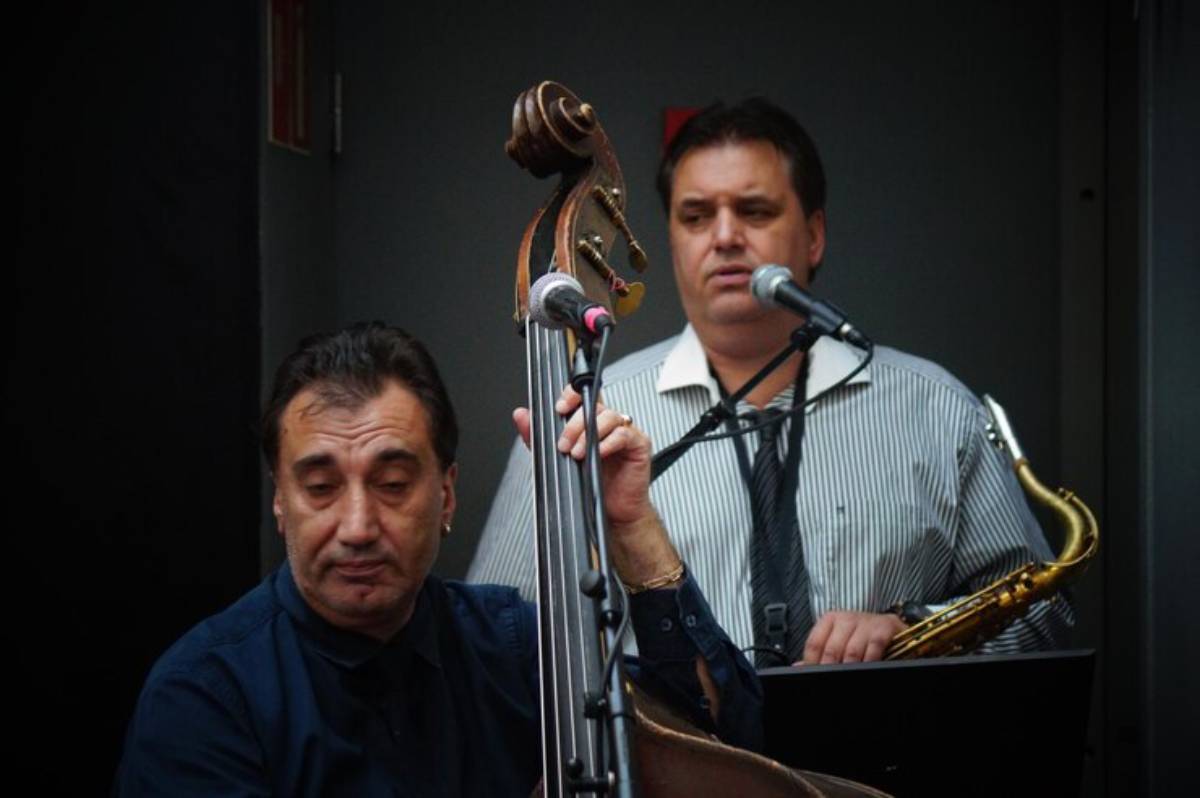
African Filmmaking on the Rise: Stories You Shouldn’t Miss
Once marginalised by the global industry and misrepresented in mainstream narratives, African cinema is undergoing a renaissance. Across the continent, bold filmmakers are crafting stories that are intimate yet universal, rooted in local culture, yet brimming with global storytelling appeal. In 2025, the world is not just noticing African filmmaking—it’s being transformed by it.
This guide explores the forces behind the rise of African cinema in 2025, the key trends shaping the industry, and a curated list of the best African films to watch right now.
Why African Cinema Is Thriving in 2025
1. Access to Technology and Funding
The rise of digital filmmaking has lowered production costs and made it easier for filmmakers across Africa to tell their stories with high production values. Additionally, more international grants, film funds, and co-production deals are empowering a new generation of directors.

2. Global Streaming Platforms
Netflix, Showmax, Amazon Prime Video, and other platforms are investing in African content—both through acquisitions and original productions. This exposure is introducing African storytelling to global audiences and creating demand for more.
3. Film Festivals and International Recognition
Major festivals like Cannes, Berlinale, and TIFF are spotlighting African films more than ever. This acclaim is not only validating African filmmakers on the global stage but also creating commercial opportunities at home.
4. Authentic, Local Voices
From historical dramas and contemporary social commentaries to genre-bending horror and futuristic sci-fi, African filmmakers are telling stories that are uniquely theirs—unfiltered, uncolonised, and unapologetically grounded in their lived realities.
Emerging Trends in African Filmmaking
Afrofuturism and Speculative Fiction
Filmmakers are reimagining the future through African lenses, challenging stereotypes and exploring identity, technology, and tradition in bold new ways. Think of it as Black Panther’s ripple effect—filtered through local mythologies and urban aesthetics.
Genre Fluidity
Gone are the days when African films were expected to be serious or documentary-like. Now, horror, fantasy, coming-of-age dramas, and romantic comedies are flourishing. The continent is embracing genre experimentation with enthusiasm.

Diaspora Collaboration
African filmmakers are working closely with diaspora creatives, blending styles and expanding narratives beyond borders. These collaborations enrich the storytelling and broaden appeal.
Decentralised Storytelling
While Nollywood remains a powerful force, there’s growing cinematic momentum in countries like Kenya, Senegal, Rwanda, Tunisia, and South Africa. This diversification is ushering in a pan-African creative movement.
Best African Films to Watch Right Now
Below is a curated list of recent releases and modern classics that exemplify the brilliance and diversity of African cinema in 2025.
1. Mami Wata (Nigeria)
Director: C.J. Obasi
A visually stunning black-and-white film steeped in myth and mysticism. Mami Wata reimagines folklore through a feminist lens, exploring matriarchy, resistance, and tradition in a fictional West African village.
Why it stands out:
- Bold cinematography and experimental style
- Evocative use of African mythology
- International acclaim from Sundance and beyond
2. The Gravedigger’s Wife (Somalia)
Director: Khadar Ayderus Ahmed
A touching drama about a man’s quest to save his dying wife in a healthcare-deprived society. It’s both a love story and a quiet critique of systemic inequality.
Highlights:
- Somalia’s first Oscar submission
- Simple, emotionally resonant storytelling
- A beautifully shot portrait of devotion
3. Banel & Adama (Senegal)
Director: Ramata-Toulaye Sy
A poetic, intimate tale of love and rebellion in a traditional Senegalese village. With its lyrical visuals and slow-burning intensity, this debut film is a striking meditation on freedom and belonging.
Themes explored:
- Gender roles and generational expectations
- Desire versus duty
- Rural African identity
4. Silverton Siege (South Africa)
Director: Mandla Dube
A gripping historical thriller based on a true anti-apartheid standoff in 1980. Stylish, fast-paced, and politically charged, Silverton Siege shows that African cinema can deliver action with substance.
Why it matters:
- Strong performances and slick production
- Spotlight on a critical moment in South Africa’s liberation history
- Available globally via Netflix
5. Vuta N’Kuvute (Tug of War) (Tanzania)
Director: Amil Shivji
Set in 1950s colonial Zanzibar, this film tells the story of a young revolutionary and a runaway bride caught between love and liberation. It’s a cinematic tribute to a forgotten political era.
What sets it apart:
- Lush cinematography and evocative period detail
- Rare Swahili-language film on the global circuit
- A refreshing blend of romance and political drama

6. Softie (Kenya)
Director: Sam Soko
A powerful documentary following activist Boniface Mwangi’s fight for change in Kenyan politics, balancing his public mission with private struggles.
Key strengths:
- Urgent, real-time storytelling
- Humanises activism and its personal costs
- Critical acclaim across international doc circuits
7. You Will Die at Twenty (Sudan)
Director: Amjad Abu Alala
A lyrical coming-of-age tale about a boy growing up under the shadow of a death prophecy. Rich in symbolism and philosophical depth, it’s Sudan’s first-ever Oscar entry.
Why it’s essential viewing:
- Meditative and hauntingly beautiful
- A rare glimpse into Sudanese rural life
- Raises questions about fate, faith, and autonomy
Rising Voices to Watch
In addition to established names, a wave of fresh talent is making waves across African cinema:
- Tebogo Malope (South Africa): Known for stylish direction and blending realism with visual flair.
- Wanuri Kahiu (Kenya): After Rafiki, she’s becoming a key figure in East African queer cinema.
- Alain Gomis (Senegal/France): Praised for emotional depth and cross-cultural narratives.
- Nadine Labaki (Lebanon/North Africa diaspora): Merging art-house sensibility with social realism.
These filmmakers are building a future where African stories lead, not follow, global storytelling trends.
Where to Watch African Films
Access to African cinema has never been easier. Here are some platforms championing continental content:
Netflix
Now home to a growing library of African originals and acquisitions, including Nigerian thrillers, South African dramas, and East African comedies.
Showmax
Africa-focused streaming service offering new releases, local language content, and originals.
MUBI
Curates award-winning African films from the global festival circuit.
AfriDocs
A free platform featuring documentaries and educational films from across Africa.
Festival Circuits
Keep an eye on platforms like Sundance, Berlinale, TIFF, and FESPACO for African premieres.
Key Takeaway: A Cinematic Renaissance in Motion
The rise of African cinema in 2025 isn’t just a regional development—it’s a global cultural shift. From lush dramas and urgent documentaries to genre films and visionary debuts, African filmmakers are offering some of the most compelling, original voices in today’s cinematic landscape.
Their work redefines what global storytelling can be—rooted in local truth, rich in artistry, and resonant across borders. These aren’t just stories from Africa—they’re stories for the world.
So if you’re looking for the best African films to watch, start with the titles above. But don’t stop there. The continent is full of stories waiting to be heard—and they’re just getting started.


